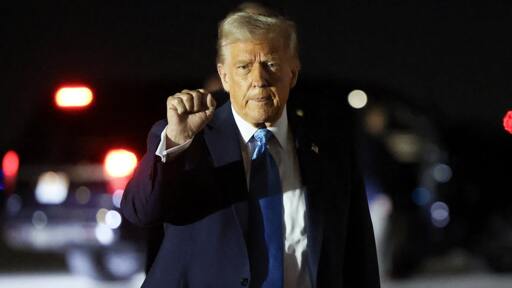- cross-posted to:
- [email protected]
- cross-posted to:
- [email protected]
Summary
Trump’s new tariffs on Canada, Mexico, and China sparked backlash from business groups, economists, and some Republicans, who warn of rising prices and economic disruption.
The tariffs—25% on Canadian and Mexican imports and 10% on Chinese goods—prompted retaliatory measures from Canada and Mexico.
Critics, including the US Chamber of Commerce, call them a tax on American consumers. Economists estimate a $200 billion hit to the US economy, with inflation rising.
Trump defended the move, even suggesting Canada should become the US’s “51st state.”



If that is true then aren’t those foreign actors getting a serious case of “friendly fire” right now? Stalwart allies like Canada and Mexico are getting sanctions for no good reason. Historical economic and espionage foes like China are also getting additional sanctions this week, and Russia is getting its few remaining hydrocarbon delivery methods slapped down (shadow fleet bans and Ukraine turning off methane pipelines).
Wouldn’t those groups be incentivize to a trump alternative?
How does any of this hurt Putin, though?
Trump is threatening more sanctions against Russia if it fails to negotiate on the war
Moscow’s oil exports are under pressure as Western sanctions hit Russia’s ‘shadow fleet’
From your first link:
“As President Trump threatens new sanctions against Russia, the Russian economy thrives despite previous measures that failed to deliver the intended bite.”
Meanwhile, we’re discussing actions in this thread that will clearly have consequences, not empty threats.
You need to read more than the first line of an article, such as this:
“Defense and security will account for some 40% of all government spending this year - that’s up a quarter - and an investment in guns that’s so heavy, it’s making a mess of the proverbial butter. Prices on basic food staples, such as real butter, are up, way up, so much so there’s even been reports of supermarkets keeping it under lock and key. Inozemtsev says runaway inflation, as well as the tumbling value of Russia’s currency, the ruble, and high interest rates - they’re all indications that sanctions are working, just more slowly than anyone imagined.”